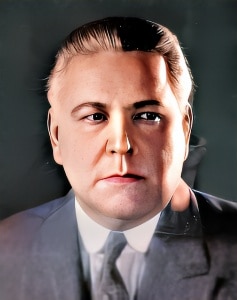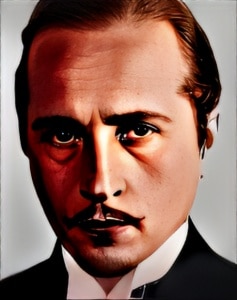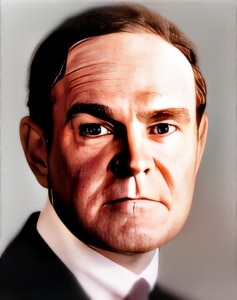 Henry A. Barrows was an American actor who made his mark in the early days of the film industry.
Henry A. Barrows was an American actor who made his mark in the early days of the film industry.
Born on June 28, 1877, in Providence, Rhode Island, Barrows contributed to the burgeoning world of silent cinema. While he may not be as widely recognized today as some of his contemporaries, his performances and contributions to early Hollywood remain a significant part of the industry’s history.
The silent film era was marked by the absence of spoken dialogue, making it essential for actors to convey emotions, narratives, and character development primarily through facial expressions and physical movements. Barrows showcased his talent in this visually driven medium, bringing a variety of characters to life on the silver screen.
Barrows’ work spanned a range of film genres, from dramas and comedies to character-driven roles. His versatility as an actor allowed him to adapt to diverse characters and storylines, enriching the narratives of the silent films he appeared in.
The transition from silent films to sound films marked a pivotal moment in the film industry’s history. Many silent film actors faced the challenge of adapting to this new era of filmmaking. While specific details about Henry A. Barrows’ roles and films are limited, his ability to transition to sound films underscores his dedication to the craft of acting.
In the broader context of early Hollywood, Henry A. Barrows played his part in the development and evolution of the film industry. His performances added depth to silent film narratives, and his adaptability as an actor allowed him to take on diverse roles, contributing to the art of storytelling through film.
While the details of his career may not be as well-documented as some of the leading actors of his time, Henry A. Barrows remains a noteworthy figure in the history of early cinema. His commitment to the craft of acting and his contributions to the silent film era are a testament to the vibrant and evolving landscape of early Hollywood.
In conclusion, Henry A. Barrows was an American actor who made significant contributions to the early days of the film industry, particularly during the silent film era. His versatility as an actor allowed him to engage with a wide range of characters and narratives. While specific details about his roles and films may be limited, his presence in early Hollywood remains a valuable part of the industry’s history and its transition to sound films.
Loading live eBay listings...




